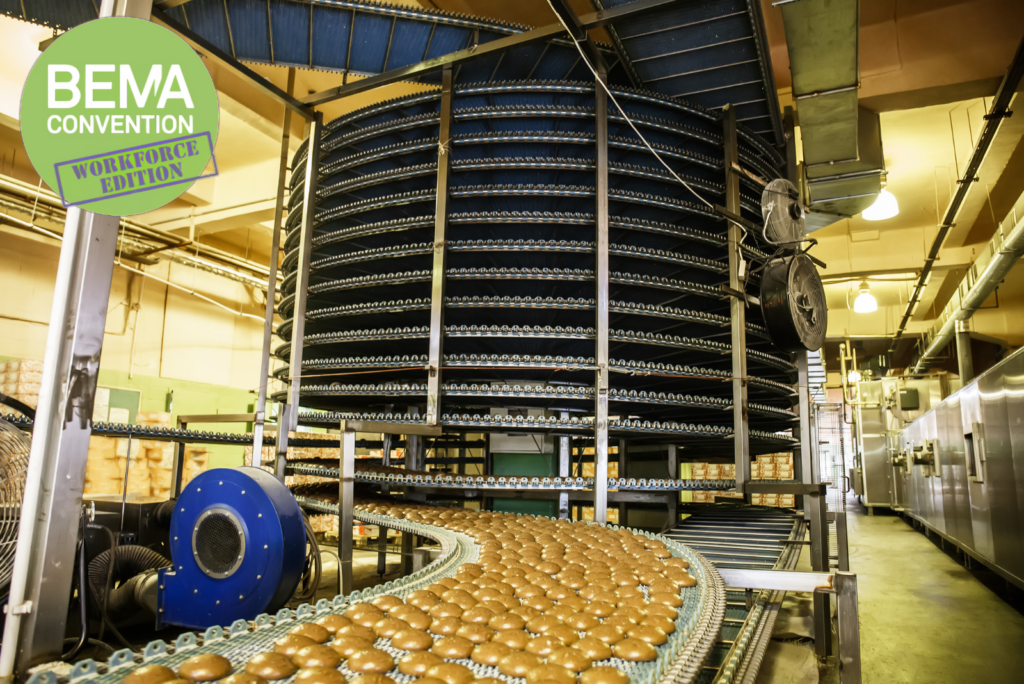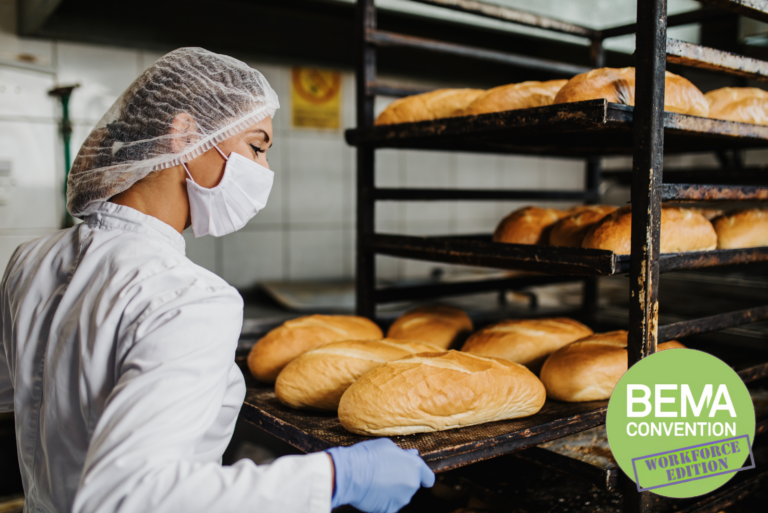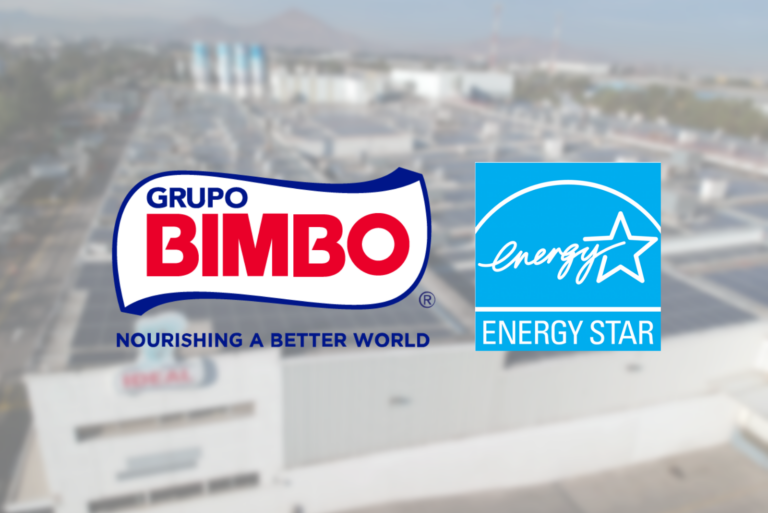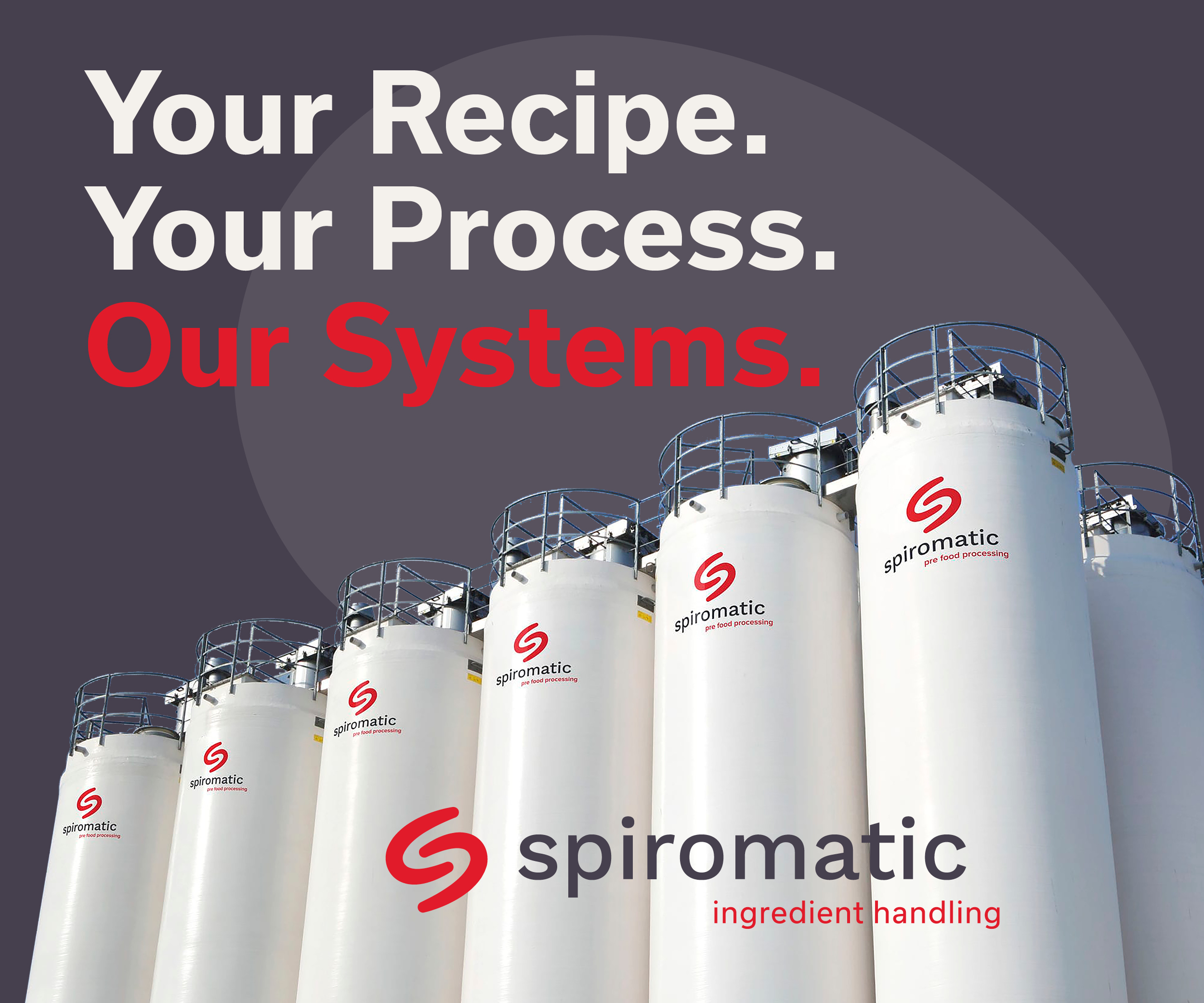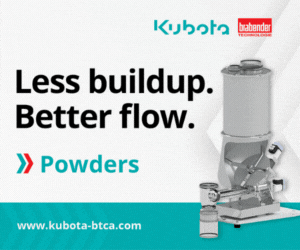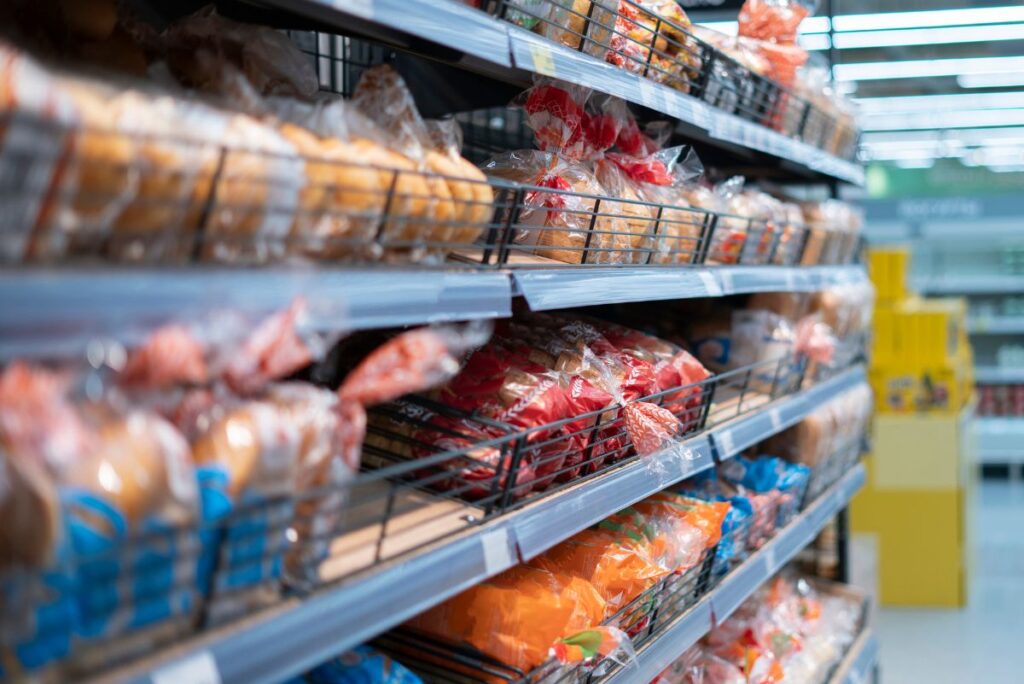BLUFFTON, SC — The final Workforce Wednesday session of BEMA Convention 2023, held June 20-24 in Bluffton, SC, focused on the sustainability hotspots of bakery products and equipment.
The Key Sustainability Issues for Bakery Products and Equipment session was led by Dr. Kevin J. Dooley, professor of supply chain management at the Arizona State University (ASU) W.P. Carey School of Business. This session also touched on THESIS, a performance assessment by The Sustainability Consortium designed to help companies benchmark, quantify and act on key sustainability challenges in their consumer product supply chain.
“Sustainability is often talked about in business as the triple bottom line,” Dooley said, referencing people, planet and profit. “The triple bottom line was developed with the notion of ‘How can we continue to grow a society and economy that sustains our natural environment and community?’”
With sustainability as a hot topic in the industry, Dooley highlighted some stages companies go through in the process of adopting sustainable practices which can be categorized into one of three maturity models: late majority, early majority and leaders.

